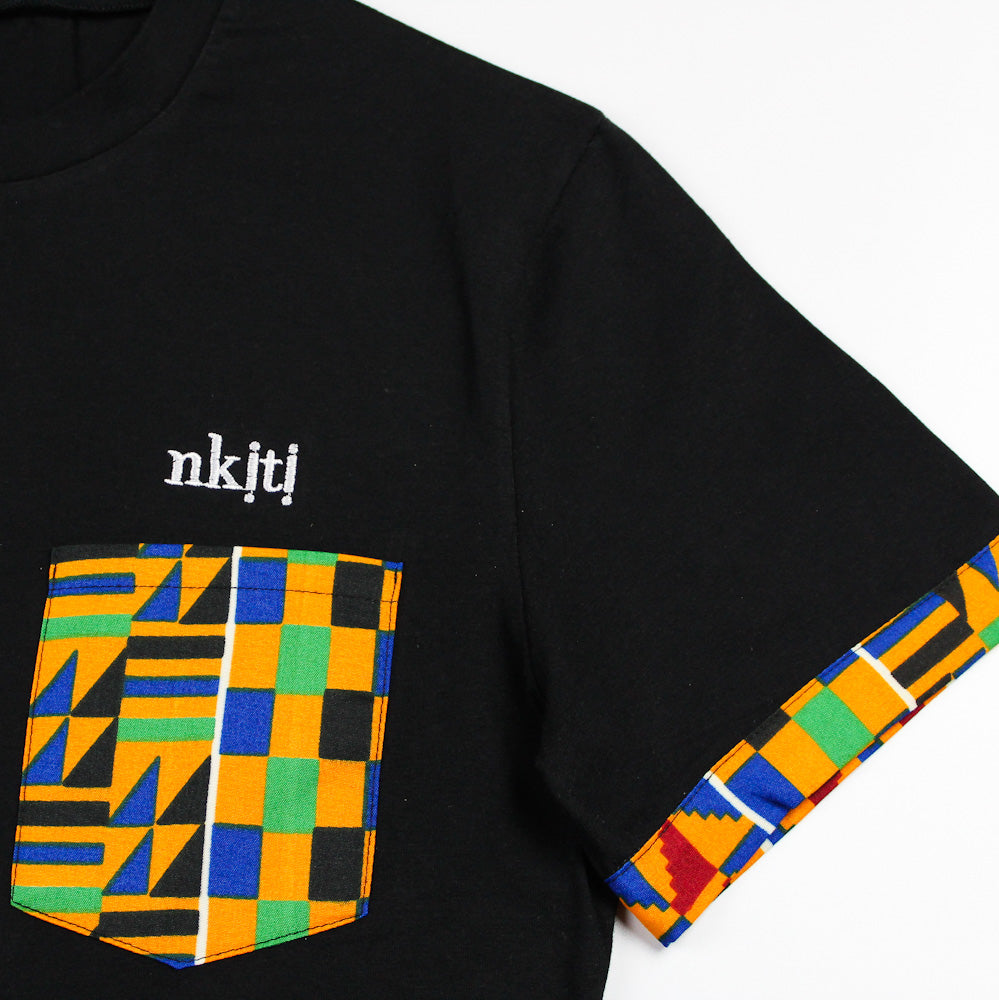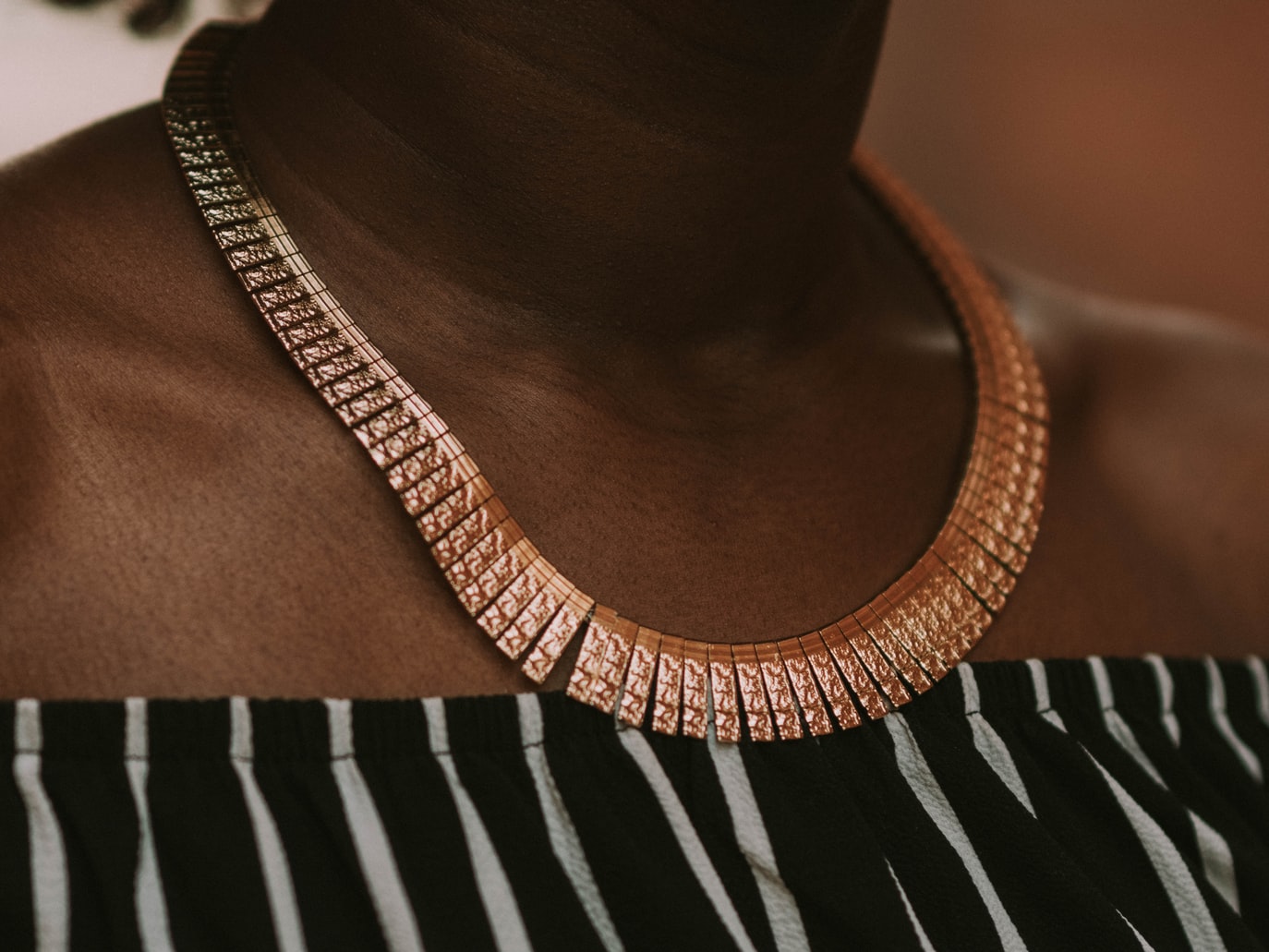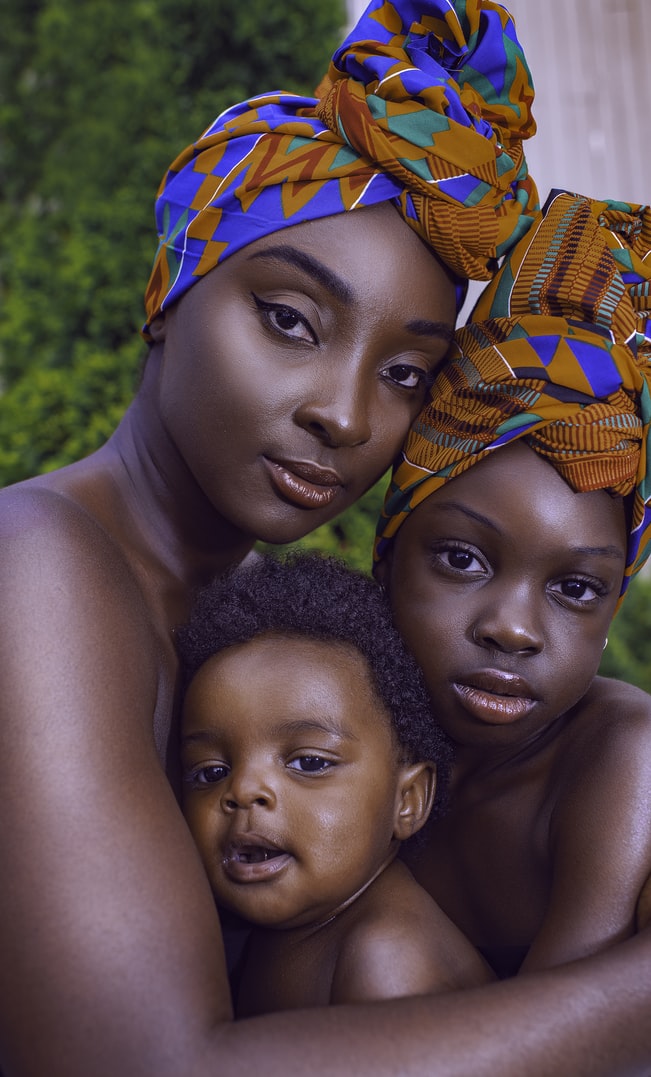
Ghana’s Fabric: 5 Kente Facts People Should Know About
Kente, an indigenous African fabric known for its brilliantly-hued and banded material, continuously makes its mark in the fashion industry. Traditionally worn toga-style, its roots go back to the Ashanti and Ewe groups in modern-day Ghana.
The appreciation for Kente fabrics evolved into new fashion ideas—from African apparel to African print clothing, design companies became obsessed with incorporating the material into their designs. But aside from its identifiable characteristics, what else should people know about Kente fabrics?
1. Uniform Bands
The signature, recurring banding pattern on Kente means hand-woven material. Handwoven fabric is typically a sign of prestige and luxury. Manufacturers produce rich designs and bands using vegetable dyes, which can become time-consuming and costly.
Kente is the ‘National Fabric of Ghana.’ In Ghana, a place steeped in history, the fabric is an essential and integral part of the culture. Because of its importance, the wearing of Kente has been restricted and often reserved for special occasions and ceremonies like funerals, weddings and holy days.
2. Kente is a Result of Saved Culture
During the latter half of the 19th century, changes in the social fabric of the Akan people began to occur. With this change came the introduction of Western clothing. The inception of Kente print clothing resulted from the Akans’ attempt to re-fashion and adapt imported European fabric with Kente’s unique pattern and design.
The fabric also served essential functions in magical and ritualistic ceremonies. People believed that the material had powers to ward off evil spirits and protect its wearer from harm and misfortune. Even today, many of the patterns and designs featured on Kente have remained unchanged after generations of development. The Ashanti and Ewe peoples use it as a prestigious fabric only worn on special occasions.
3. Unique Woven Style
Workers weave Kente like a basket, with the Akan “weaver” first weaving threads together horizontally and then twisting them to form vertical strands. The weaving process requires skill and training, but the most important thing required is patience, as the entire process can take from four months to one year to complete.
4. Kente is a High-Quality Fabric
The success of Kente print clothing comes from the fact that it represents this rich history and culture and a high level of quality fabrics. The long and winding journey of Kente has brought it to a place of international fame, and we’ll continue to see people wearing it at red carpet events and on the streets of big cities and small towns.
5. Kente is Eco-friendly
Elders have passed down the traditional way of producing Kente fabric through generations. The handwoven material is now a registered trademark of the National Commission for Democracy and Development, serving as the embassy of Ghana’s cultural diplomacy.
Kente cloth is hard to produce and is considered highly valuable. Because of its durability and the complexity of production, the fabric becomes more treasured by its owner. Those who wear the material are well aware of this, taking pride in it.
Kente cloth is a unique fabric with a rich history and culture. We’ve seen its popularity increase as it has transformed into African print clothing and fashion trends. Thanks to a growing interest in African culture and history, Kente has become a popular fashion choice for exploring its heritage. Those who wear it show that they are proud of their heritage and are willing and eager to showcase it to the world.
Nkiti African Clothing takes inspiration from the fabrics sourced from the culture of Ghana in producing African apparel and African print clothing that suits the UK style. Check out our collection today and buy Kente cloth-inspired items on our online shop right away.
If you enjoyed reading this, feel free to follow us on Instagram and subscribe to our mailing list to stay updated on blog posts like this!




1 comment
Very insightful and historical.
Clairee Graham
Leave a comment
This site is protected by hCaptcha and the hCaptcha Privacy Policy and Terms of Service apply.